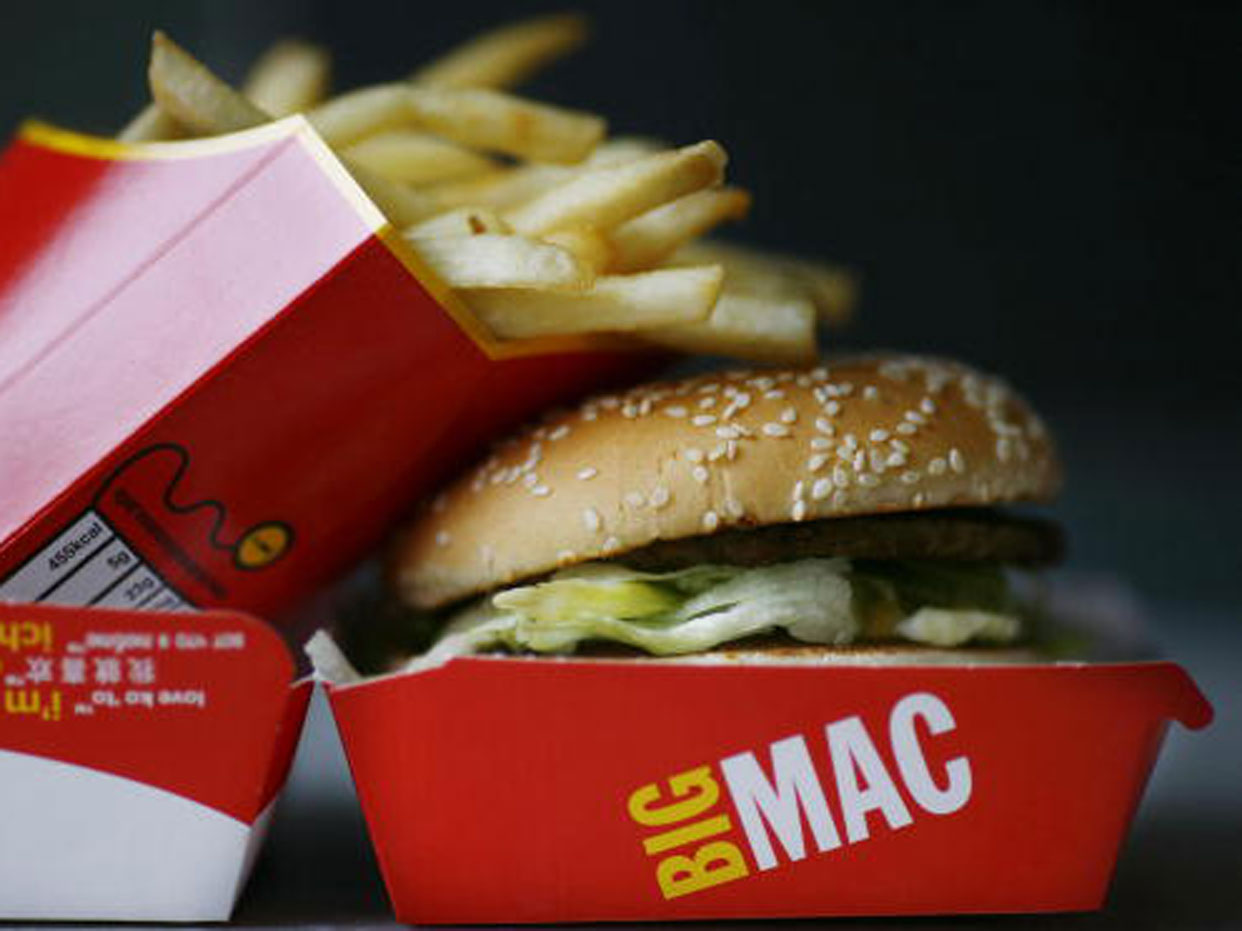Chemical found in McDonald's French fries could cure baldness
Scientists in Japan have found dimethylpolysiloxane promotes hair-growth in follically challenged mice

A free daily email with the biggest news stories of the day – and the best features from TheWeek.com
You are now subscribed
Your newsletter sign-up was successful
Japanese scientists believe they may have discovered a cure for baldness - and it is found in a chemical used in cooking McDonald’s French Fries.
Researchers at Yokohama National University found that when they used the chemical dimethylpolysiloxane - found in silicone, “which is added to oil to cook french fries at the fast-food restaurant,” according to the Evening Standard - they could generate hair follicles on a large scale that could grow hair when transplanted into mice.
Initial tests suggest this method could be replicated to treat hair loss in humans, they say.
The Week
Escape your echo chamber. Get the facts behind the news, plus analysis from multiple perspectives.

Sign up for The Week's Free Newsletters
From our morning news briefing to a weekly Good News Newsletter, get the best of The Week delivered directly to your inbox.
From our morning news briefing to a weekly Good News Newsletter, get the best of The Week delivered directly to your inbox.
In a paper published in the journal Biomaterials, the scientists said they were “able to generate up to 5,000 hair follicle germs (HFGs) simultaneously” - something described in a press release as “one of the more challenging obstacles to hair regenerative medicine," says Business Insider.
“The key for the mass production of HFGs was a choice of substrate materials for the culture vessel,” Professor Junji Fukuda said in the study. “We used oxygen-permeable dimethylpolysiloxane (PDMS) at the bottom of culture vessel, and it worked very well.”
“These self-sorted hair follicle germs were shown to be capable of efficient hair-follicle and shaft generation upon injection into the backs of nude mice,” Fukuda said.
But, “there is a catch,” says Refinery 29. First, “not all studies like this translate as successfully to humans”. And second, “the study also concluded that dimethylpolysiloxane alone won't stimulate hair growth,” the website says.
A free daily email with the biggest news stories of the day – and the best features from TheWeek.com
Unfortunately for fans of the golden arches “eating more McDonald's fries is unlikely to cause your hair to grow,” says Business Insider.
But Fukuda's team is “hopeful that this method can eventually be used to treat hair loss in humans,” adds the website.
“This simple method is very robust and promising,” Fukuda said. “We hope that this technique will improve human hair regenerative therapy to treat hair loss such as androgenic alopecia.”